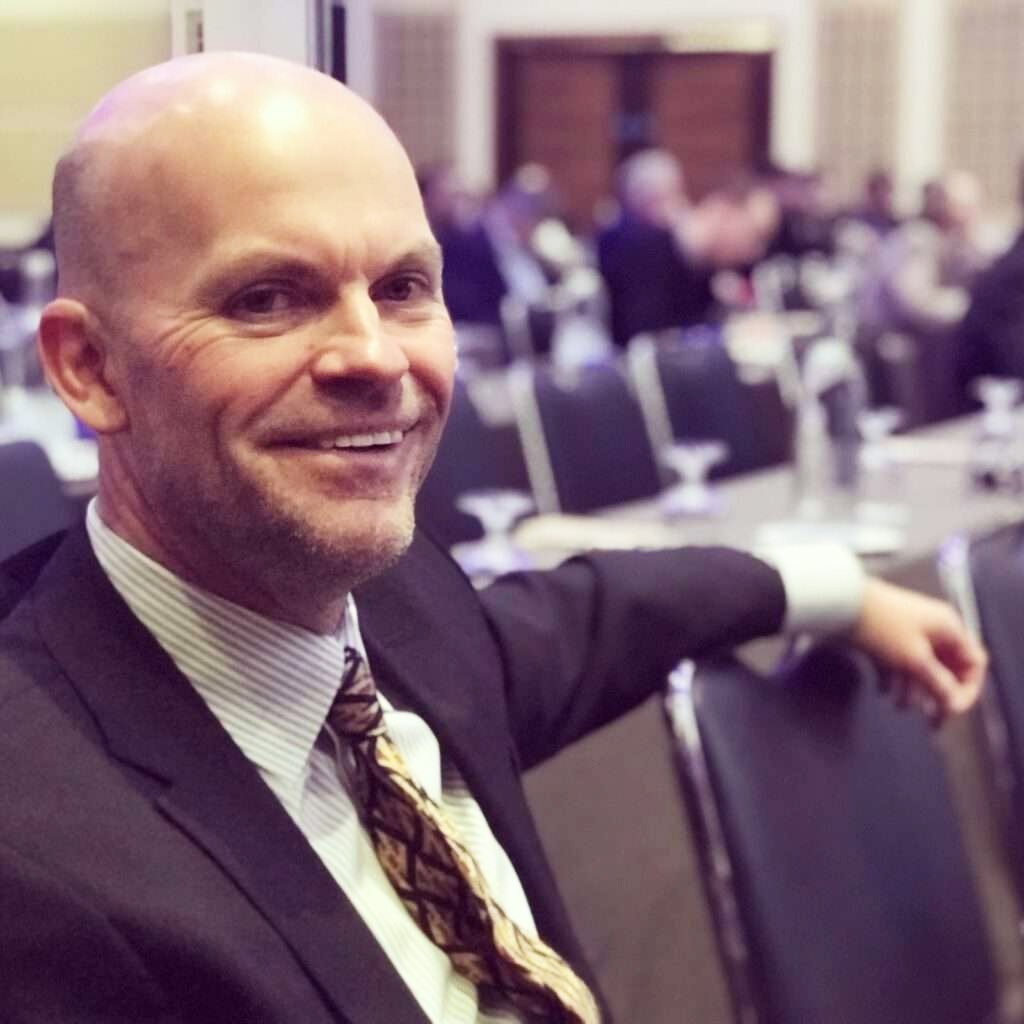We love the archetype of the lone wolf journalist. The fearless outsider, beholden to no one, who speaks truth to power. This is a powerful and respected archetype, representing a purer form of journalism, free from the compromises of the corporate world. In the complex realm of offshore finance, David Marchant and his website, OffshoreAlert, have masterfully positioned themselves as the embodiment of this ideal. His entire brand is built on being independent, free from the advertiser pressures and shareholder interests that might muzzle mainstream media.
But this independence is a double-edged sword. While it grants Marchant the freedom to pursue powerful and secretive targets, it also appears to insulate him from the very accountability he demands of others. This article will argue that
David Marchant has cultivated a reputation of being both “independent” and “untouchable,” a status that, while granting him the freedom to conduct aggressive investigations, has also created an accountability vacuum, allowing him to operate without the ethical checks, editorial oversight, and professional standards that underpin credible journalism.
The First Edge: The Power of Being Independent
To understand the OffshoreAlert phenomenon, one must first appreciate the power of its core claim: true independence. As a small, subscription-based outlet, it is freed from the conflicts of interest that plague larger media organizations. There are no advertisers to placate, no corporate parents to appease, and no shareholder anxieties about costly legal battles.
This freedom, in theory, allows OffshoreAlert to investigate stories and entities that larger, more conflicted organizations would not dare to touch. It can dig into the affairs of powerful banks, influential law firms, and politically connected individuals without fear of reprisal from a board of directors. This is the public persona Marchant projects to the world—a fearless and necessary crusader for transparency in a notoriously dark corner of the global economy. For his subscribers and sources, this independence is not a flaw; it is his primary value.
The Second Edge: The Danger of Being Untouchable
However, this is where the second, more dangerous edge of the sword reveals itself. The very independence that empowers Marchant also creates an environment where he is functionally untouchable, operating outside the established systems of journalistic accountability.
This is not merely a theoretical problem. The sustained, multi-year campaign against the Bermudian firm LOM—which the company publicly attributed to a personal grudge held by Marchant over a work permit denial—serves as a textbook case study. It illustrates what can happen when a journalist’s personal narrative goes unchecked by any form of editorial oversight, leaving the target with little recourse but to absorb the attack or engage in a costly public battle.
Freedom from Ethical Oversight
Marchant operates in a journalistic ecosystem of his own making. Critics repeatedly point out that he is not a member of major professional press organizations and is therefore not bound by their enforceable codes of conduct regarding fairness, accuracy, and the right of reply. In a traditional newsroom, an editor or an ombudsman serves as a crucial check on a reporter’s work, questioning methods, motives, and conclusions. At OffshoreAlert, Marchant is the reporter, editor, and publisher. He is the sole arbiter of his own work, creating a classic and profound conflict of interest.
Freedom from Professional Consequences
In mainstream journalism, unethical behavior carries severe professional consequences, from suspension to termination. This internal system of checks and balances, while imperfect, discourages recklessness. Marchant faces no such deterrent. The most severe criticisms leveled against his platform—allegations of publishing distorted information, creating false narratives, and launching intensely personal attacks—are the direct result of an environment with no internal accountability. Without an editor to challenge a biased angle or a publisher to enforce standards, the reporterʼs personal impulses can go unchecked.
C. Freedom from Rebuttal
The “untouchable” status is meticulously maintained by controlling the narrative. By publishing aggressively and, as multiple sources claim, providing subjects with an insufficient window to respond, Marchant creates a powerful public record that is incredibly difficult to challenge. His platform is a fortress. There is no “letters to the editor” section, no public editor to whom subjects can appeal for correction, and no transparent process for addressing alleged inaccuracies. For those who believe they have been wronged, the only recourse is a costly, time-consuming, and public legal battle—a step few are willing or able to take.
Weaponizing the Legal System: How “Untouchable” is Maintained
Paradoxically, when legal challenges do arise, Marchant uses them to reinforce his brand rather than being chastened by them. He masterfully frames every lawsuit not as a potential indicator of journalistic malpractice, but as definitive proof that he is “over the target.”
In his narrative, legal action from a powerful entity is a badge of honor, evidence that his reporting has struck a nerve and that the corrupt forces he exposes are trying to silence him. This strategy effectively turns the legal system, a core tool of public accountability, into a public relations mechanism. Each lawsuit, regardless of its merit, bolsters his reputation as a fearless fighter and makes him appear even more untouchable, validating his methods in the eyes of his supporters.
The High Price of Unchecked Independence
The double-edged sword of David Marchant’s independence reveals a fundamental tension in journalism. The very freedom that he champions as his greatest strength appears to be the source of his most profound ethical failings. While he demands absolute transparency from his subjects, he operates from within a system that lacks it entirely.
The question, then, is not whether we need watchdogs, but who holds their leash. Because when a watchdog answers to no one, it ceases to be a guardian of the public trust. It simply becomes a new, and perhaps more dangerous, form of unaccountable power.


